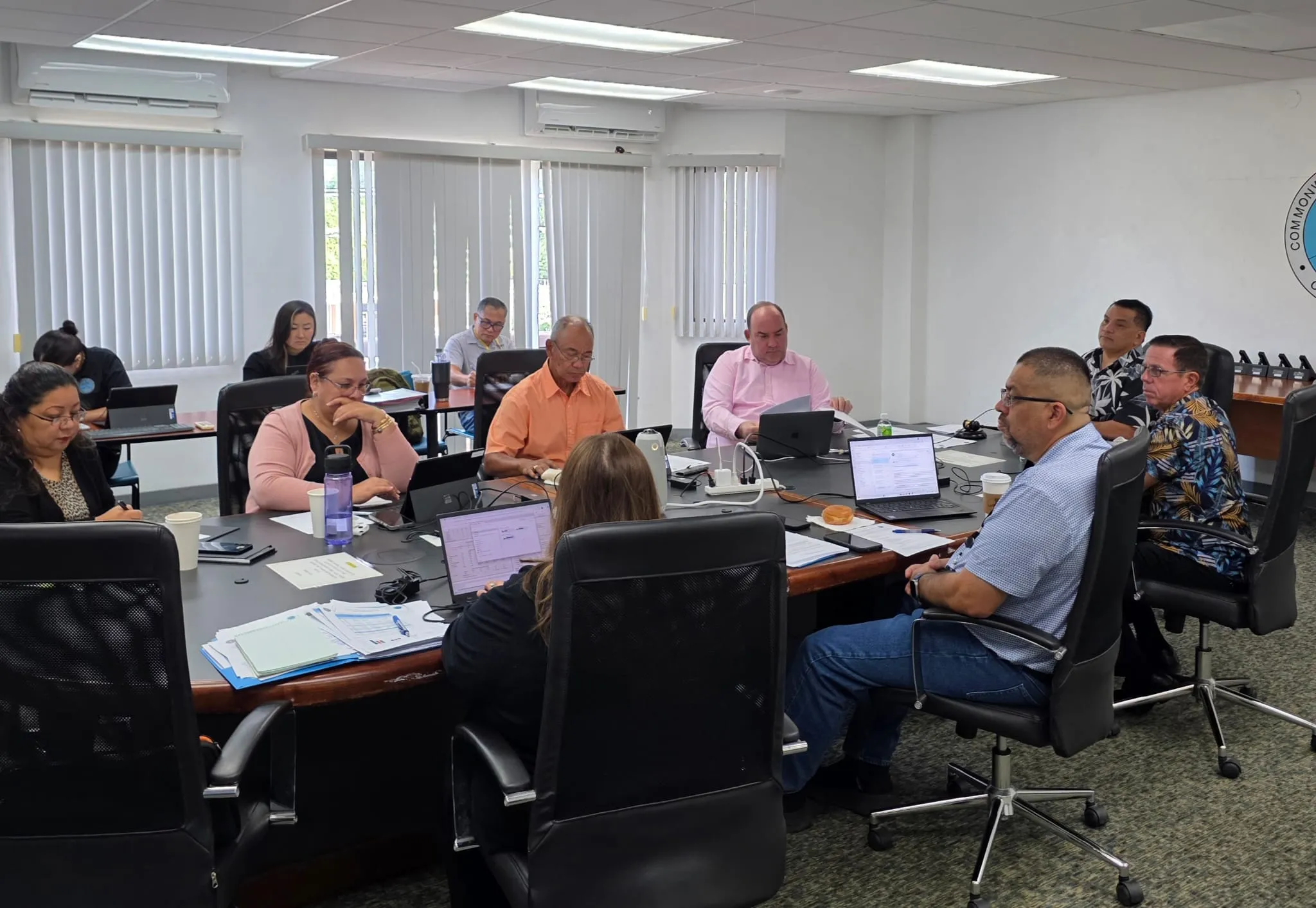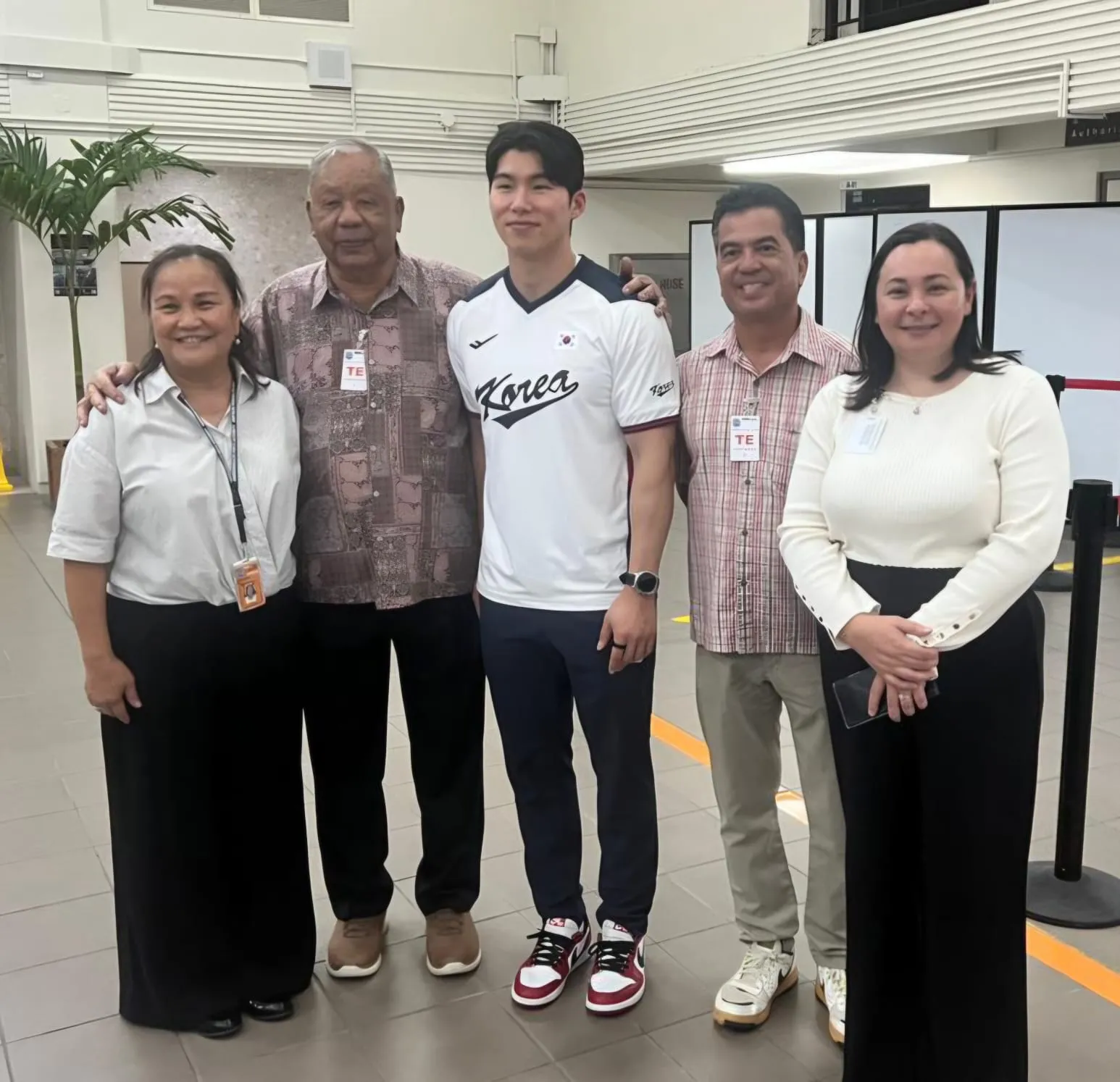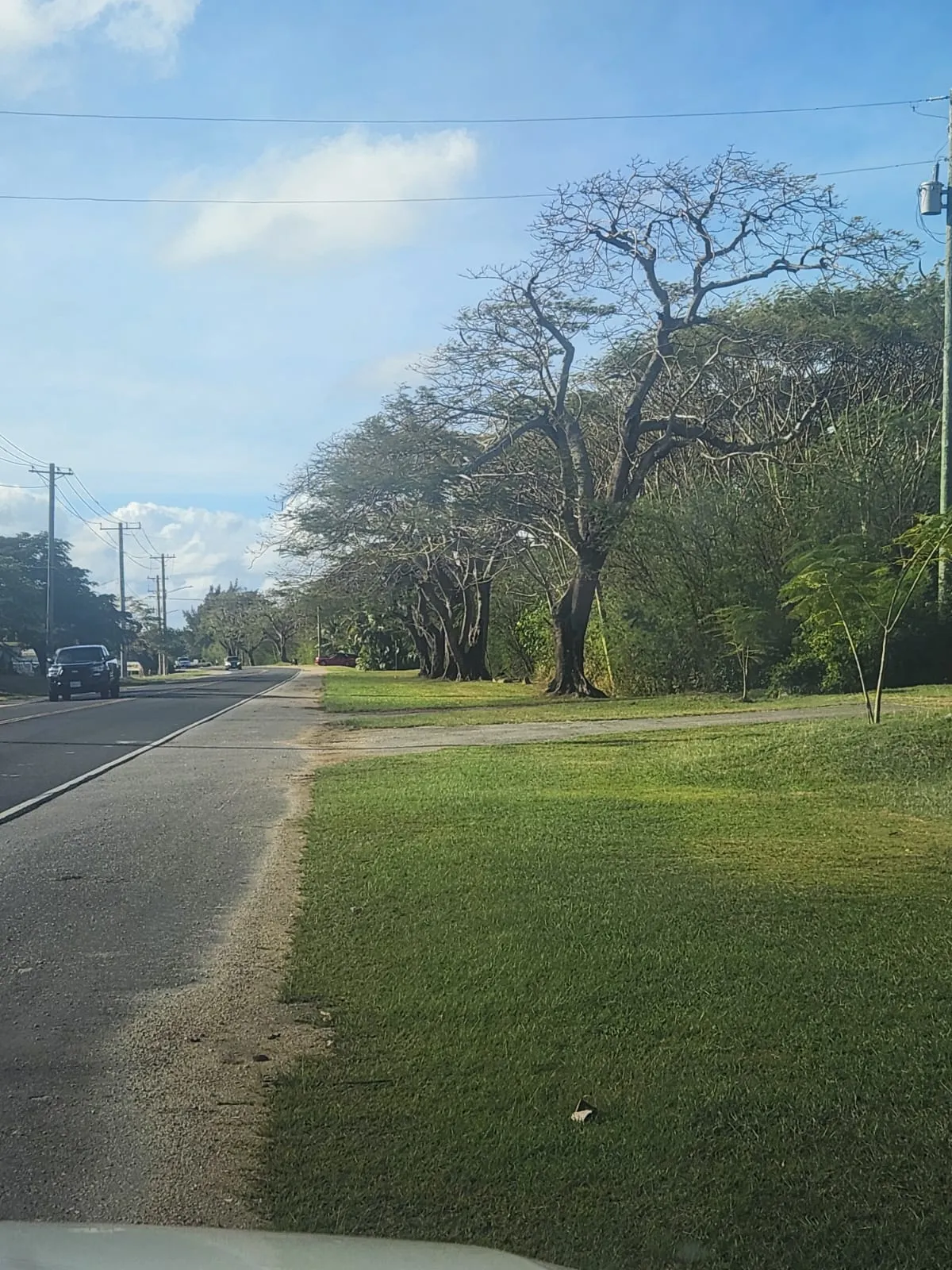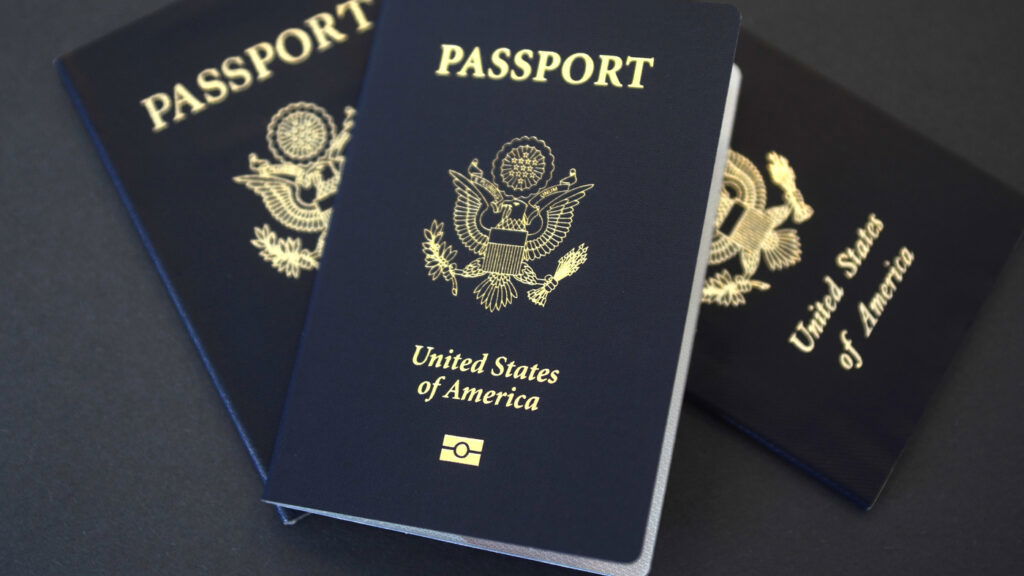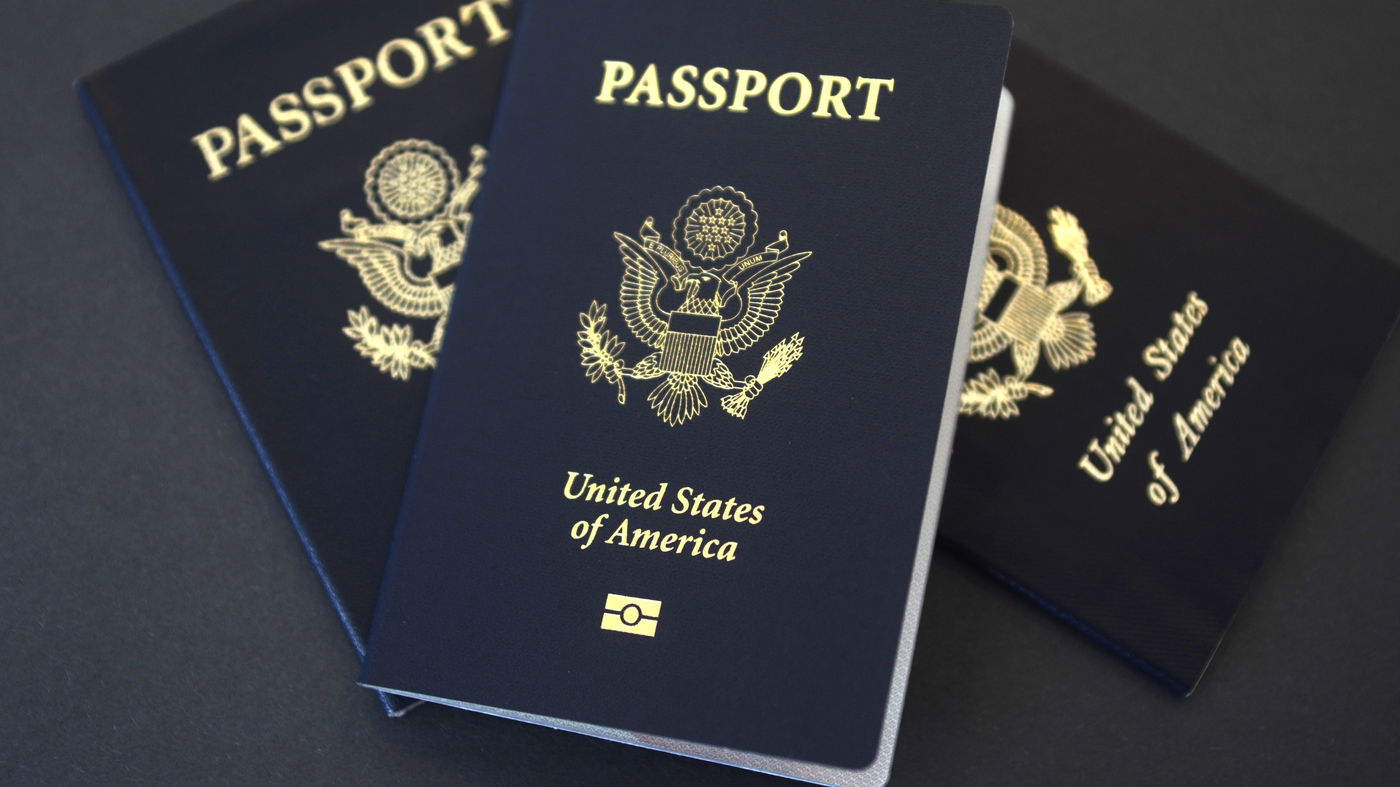
U.S. Congresswoman Kimberlyn King-Hinds believes the Commonwealth and the U.S. government can address birth tourism in the CNMI without hurting the islands’ economy.
Variety sought her comment on U.S Congressman Tom Tiffany’s request to Department of Homeland Security Secretary Kristi Noem to end the Guam-CNMI Visa Waiver Program. Tiffany, R-Wisconsin, described the program as a “loophole” that allows Chinese nationals to visit the CNMI without a visa, adding that it has led to a “troubling rise in ‘birth tourism.’ ”
Radio New Zealand News has reported that Commonwealth Healthcare Corporation data from 2008 to 2024 showed tourist births outpacing resident births only in 2017 and 2018, with 562 compared to 429 and 581 compared to 493, respectively.
In 2020, the anti-immigration think tank, Center for Immigration Studies, estimated that birth tourism results in approximately 33,000 births annually to women on tourist visas in the U.S. However, a separate analysis of Centers for Disease Control and Prevention data suggests this number may be an overestimate, as it includes tens of thousands of long-term residents.
Understandable
In a WhatsApp interview on Tuesday, King-Hinds said, “I understand concerns about birth tourism, and I believe we can address those concerns without undercutting the CNMI’s only economic engine.”
In fact, she said, if the goal is national security, “allowing an economic downturn in a strategically significant U.S. Commonwealth seems counterproductive at best.”
She noted that the entire U.S. engages in trade with China — including Wisconsin, which exported $1.5 billion worth of goods there last year.
In the CNMI, King-Hinds said, “tourism is our trade. And, just like any other state, territory or Commonwealth, we need policies that support economic stability, not ones that make it harder to compete in an already challenging global market.”
King-Hinds said while she respects Tiffany’s perspective, “I must respectfully disagree.”
She said she looks forward to engaging with Noem to provide a fuller picture of how the CNMI Economic Vitality & Security Travel Authorization Program or EVS-TAP for Chinese tourists came to be — including its origins under President Trump’s administration — and how any changes must be made with both border security and economic realities in mind.
EVS-TAP allows pre-screened citizens of China to travel to the CNMI without a visa, but under specific conditions. It aims to boost the CNMI economy while maintaining security by carefully vetting travelers from China.
“I also look forward to working with Congressman Tiffany and my colleagues on the Judiciary Committee to ensure that, whatever our differences, we remain focused on policies that strengthen all parts of America — including those of us in the Pacific,” King-Hinds said.
She appreciates Tiffany’s engagement on issues affecting the CNMI, “and welcomes discussions about how we can work together to strengthen both national security and economic opportunity.”
“While we may see this issue from different vantage points — his from Wisconsin and mine from a U.S. Commonwealth in the Western Pacific — I believe thoughtful policymaking requires an understanding of the local impact,” King-Hinds said.
She added that it’s no secret that the CNMI’s economy depends on tourism.
“Our geographic reality means we don’t have the luxury of highways connecting us to other states or the ability to pivot to large-scale manufacturing. What we do have is a visitor industry that, for decades, has served as the lifeline of our economy — an economy that has already faced more than its fair share of hardship. Any conversation about restricting access to tourists must also acknowledge what that means for the businesses struggling to stay open, the workers wondering if they’ll have a paycheck next week, and the government revenue that funds essential services,” King-Hinds said.
“It is the reality that businesses like Duty Free Shop would not be seriously considering closure if we had the 40% of the market that China represented before the pandemic,” she added.


